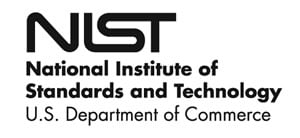RSS feed source: National Science Foundation
Researchers supported by the U.S. National Science Foundation have discovered four tiny exoplanets orbiting Barnard’s star, a red dwarf at the center of the nearest single-star system to Earth. Using a specialized instrument mounted on the NSF-supported Gemini North Telescope in Hawaii, the team detected “wobbles” in the motion of Barnard’s star by observing subtle shifts in the color of its light, indicating the gravitational pull from nearby exoplanets. The planets’ surfaces are too hot to support life as we know it.
The researchers made their discovery using the M-dwarf Advanced Radial velocity Observer Of Neighboring eXoplanets (MAROON-X) spectrometer, which is designed to detect exoplanets. Their results were published in The Astrophysical Journal Letters and show promise for finding and confirming more small planets around other red dwarf stars, which are numerous in the universe.
“The U.S. National Science Foundation is collaborating with the astronomy community on an adventure to look deeper into the universe to detect planets with environments that might resemble Earth’s,” says Martin Still, NSF program director for the International Gemini Observatory. “The planet discoveries provided by MAROON-X mounted on Gemini North provide a significant step along that journey.”
Most of the planets previously discovered in the Milky Way galaxy are much larger than Earth, making detecting these relatively tiny planets a fundamental step towards a more complete understanding of planet populations.
Click this link to continue reading the article on the source website.


